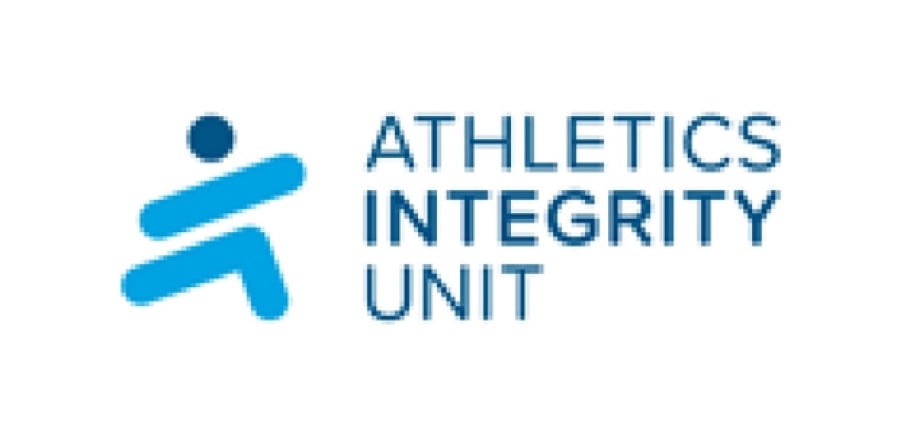AIU and ADAK set 5,000 target as testing ramps for Kenyan Athletes
AIU AND ADAK SET 5,000 TARGET AS TESTING RAMPS UP FOR KENYAN ATHLETES
MONACO: An unprecedented drug-testing programme is underway in Kenyan athletics with seven times the level of testing as last year taking place at the National Championships and the Trials for the World Athletics Championships altogether – this effort hitting high gear today and tomorrow at the Trials.
The combined work of the Athletics Integrity Unit (AIU) and the Anti-Doping Agency of Kenya (ADAK) will see up to 390 tests done at these important events this year; 185 at last month’s National Championships (22-24 June) and 205 at the Trials. This is a massive increase from the total 55 tests conducted at the National Championships and Trials in 2022 as the two agencies target 5,000 tests in the coming year.
A greater variety of testing is also being undertaken this season. Apart from the collection of urine and blood samples, there will be Athlete Biological Passport (ABP) and EPO tests and, for the first time, Dried Blood Spot (DBS) samples will be taken. Ahead of this weekend’s Trials at Nyayo National Stadium, there has been significant no-notice, out-of-competition testing at athletes’ homes and training camps.
“We are aiming at up to 5,000 tests in the coming year, combining ADAK and AIU testing programmes. This will be the new norm for Kenyan athletes – intensified, targeted and regular testing, both in and out of competition.
“We all know there is a major doping problem in Kenya and the Government has committed to stamping it out. The AIU is working closely with ADAK, Athletics Kenya (AK) and other Kenyan authorities to implement a strong testing programme to catch cheaters and deter other athletes from doing likewise,” said AIU Head of Testing Thomas Capdevielle, now in Kenya for the Trials.
Through the Kenyan Government’s funding of US$5 million annually for the next five years (totalling US$25 million), the AIU will consult with the Kenyan authorities in building capacity in testing and other aspects of the country’s athletics-integrity programme. This will include investigations, intelligence, education, case management and communications.
In the second half of this year, ADAK is expected to reach record levels of testing. The number of athletes in the National Registered Testing Pool who are controlled for out-of-competition testing by ADAK will swell from 38 in 2022 to more than 300. These athletes are in addition to the 140 elite Kenyan athletes who are part of the International Registered Testing Pool and who are tested out of competition by the AIU. There will also be vastly increased no-notice testing by ADAK at training camps and further in-competition testing at other events throughout the year.
“Increasing the depth of testing in a country with so much talent is vitally important, but this is more than just a numbers game. Quality counts as much as quantity, so one of our key AIU testing managers will be based in Kenya for the next two years to assist ADAK in creating an intelligence-based, world-class testing programme,” elaborated Capdevielle.
Under Rule 15 of the World Athletics’ Anti-Doping Rules (National Federation AntiDoping Obligations), Kenya is currently listed in Category A which means it is among seven National Federations deemed to have the highest doping risk and considered a threat to the overall integrity of athletics. Currently, Kenya has the highest number of doping cases among Category A National Federations and totals 184 Adverse Analytical Findings (AAFs) since the AIU’s inception in 2017, with the highest number (44) being last year. So far in 2023, there have been 19 AAFs for Kenyan athletes. Given the increased testing that will take place, this number is expected to rise in the coming months.
- Anti-Doping Anti-Doping Agency of Kenya (ADAK) Athletics Integrity Unit (AIU) Dispute Resolution Governance Integrity in Sports Kenyan Athletes Regulation World Anti-Doping Agency (WADA)

 Global Summit 2024
Global Summit 2024